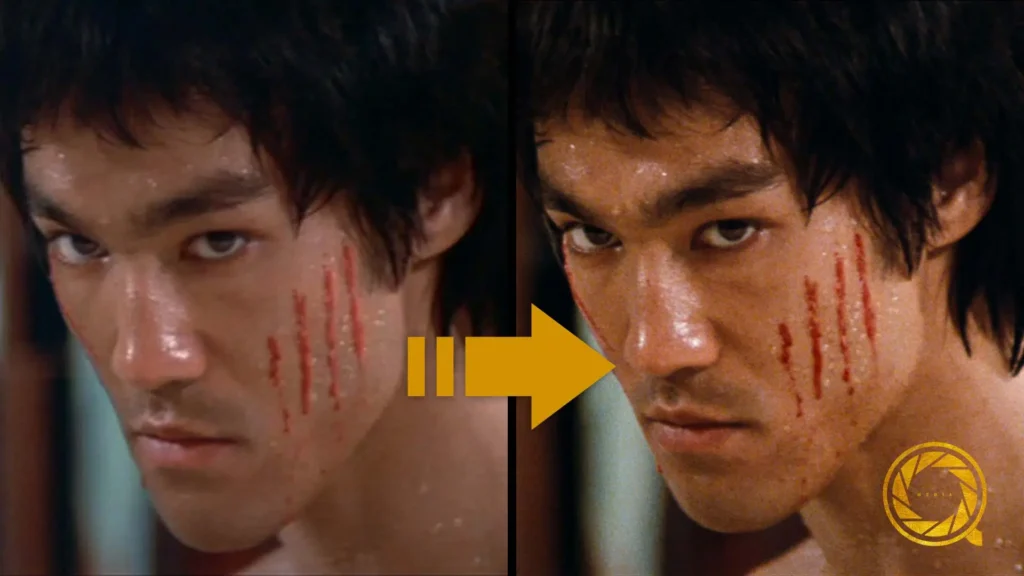Artificial Intelligence (AI) video capability continues to become more advanced at a rapid pace and with these advancements comes the increased ability to remaster footage. This practice is commonly used by video production services to enhance old films to make them look higher quality and livelier. As well, video production companies can now directly edit their captured footage to best suit the needs of the project they’re working to complete. Though there seem to be many benefits to the capabilities of remastered films, there are some who are not so sure it is positive. AI uses neural networks that are trained to learn as much as they can about everyday objects. The more data fed to the AI, the more it learns. The AI uses training and learning algorithms work to correct the state of poor-quality footage.
There are a few remastering techniques that are generally seen as not altering the original film but enhancing it. Color enhancement filters are used by video film producers and editors to make the footage look clearer and livelier. This method tends to be accepted and adopted by many as it tends to enhance the quality and colors of the original footage. Speed correction is another method used to remaster video. Due to its using differing methods, speed correction has supporters and opponents. Blending simply adds a duplicated frame between two frames to make the film appear more smoothly. This method does not actually alter the film as it uses the same footage captured from the original film.
Motion stabilization is a method used for remastering that crops out the edges of the original footage to focus on the center and reduce the sway and instability of the footage. This method of remastering is seen as negative as it alters the original footage captured and can take away from the original film as portions of the film are completely removed. Colorizing black and white film is seen as problematic because the AI can only guess the color as it goes off the shape and gray levels of objects. Shapes and people can be improved, but can the AI overshoot the quality and begin to make the footage quality unrealistic to the actual footage? Speed correction using frame manipulation is when theAI creates new frames using an average of the previous and upcoming games. This is seen as an issue as entirely new footage can be created using the averages of the footage frames. This can even lead to ethical questions that will then need to be answered as viewers can not be certain whether the footage is fake or real.
Overall, it seems that most filmmakers and historians are okay with remastering films so long as the original footage itself is not altered. This is critical for video production and editing services that specialize in remastering footage to take note. We all like to see the wonders of technology work their magic to enhance something that we have a fond love for. As long as nothing is completely altered, we can rest assured that remastering film is a great technology that can be used for the better.







